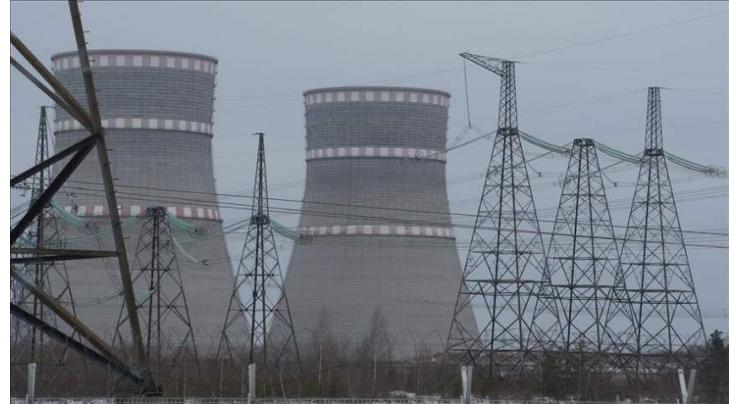
Bangladesh Would Prioritize Russian Companies When Building Second NPP
Umer Jamshaid Published October 25, 2019 | 10:53 PM

Bangladesh, as an energy-deficient country, would like to build a second nuclear power plant (NPP) on its territory and would prioritize Russian companies when putting out an international tender on its construction, Bangladeshi Foreign Minister Abul Kalam Abdul Momen told Sputnik in an interview
"Of course, they will be number one," Momen stressed, when asked whether Russian business would be invited to participate.
He explained that Bangladesh is hungry for electric power and would like to drive down its cost by making more use of nuclear energy.
"We are open for peaceful use of nuclear power and we have started one [NPP] and would like to have more power because we are an energy-deficient country. And nuclear power is cheap. Therefore, with all the protection and guard for this sort of accidents, we would like to have a second nuclear power plant.
We have good relationships with Russia, and they provide very good arrangements given the nuclear waste, they will take it back. We will [have] international tender and whoever will be providing us better options will go for that," Momen said.
The construction of the first Bangladeshi NPP started in November 2017. The plant will have two units with nuclear reactors, each generating 1,200 MW and having a 60-year lifespan. The Russian design project, which has been used in the construction of Unit 1 of Novovoronezh NPP-2, is used in the consultation of the Rooppur NPP.
Prime Minister Sheikh Hasina said last year that Bangladesh was likely to launch the construction of its second nuclear power plant within the next 10 years.
Related Topics
Recent Stories

President, Saudi FM discuss challenges being faced by Muslim Ummah

Bushra Ansari ties knot with Iqbal Hussain

Shaheen likely to miss initial two matches of Pak Vs NZ T20I series

LHC suspends PML-N Rana Arshad’s victory notification from PP-133

Faizabad Dharna Commission exonerates former Spy Chief Faiz Hameed

Pakistan calls for enhanced information integrity on digital platforms

Pakistan starts discussion with IMF about new loan agreement: Finance Minister

Currency Rate In Pakistan - Dollar, Euro, Pound, Riyal Rates On 16 April 2024

Today Gold Rate in Pakistan 16 April 2024

Govt hikes petrol price by Rs4.53 per litre for next fortnight

British Investment Group, One Homes, Expected to launch second development at Ce ..

Pakistan Army continues rescue operations in rain-affected areas
More Stories From World
-
Ukraine 'ran out' of missiles to defend key plant, Zelensky says
5 minutes ago -
Chairman, CIDCA awarded Hilal-e-Quaid-Azam
25 minutes ago -
Paris 2024 Games flame lit in ancient Olympia
55 minutes ago -
'Go home': Overtourism sparks backlash in Spain
1 hour ago -
Massive fire engulfs Copenhagen's historic stock exchange
2 hours ago -
Over 50 prospective Trump jurors say unable to be fair, excused
2 hours ago
-
New Godzilla x Kong film tops Chinese box office
2 hours ago -
Flash floods leave at least 1,000 homeless in northern Tanzania
2 hours ago -
Turkish foreign minister to visit Qatar for bilateral talks
2 hours ago -
Mexico City records record-high temperature of 34.2C: water commission
2 hours ago -
Three-episode TV series on cultural, ethical advancement in new era set to air
3 hours ago -
Türkiye's retail sales volume up by 25.1% in Feb
3 hours ago